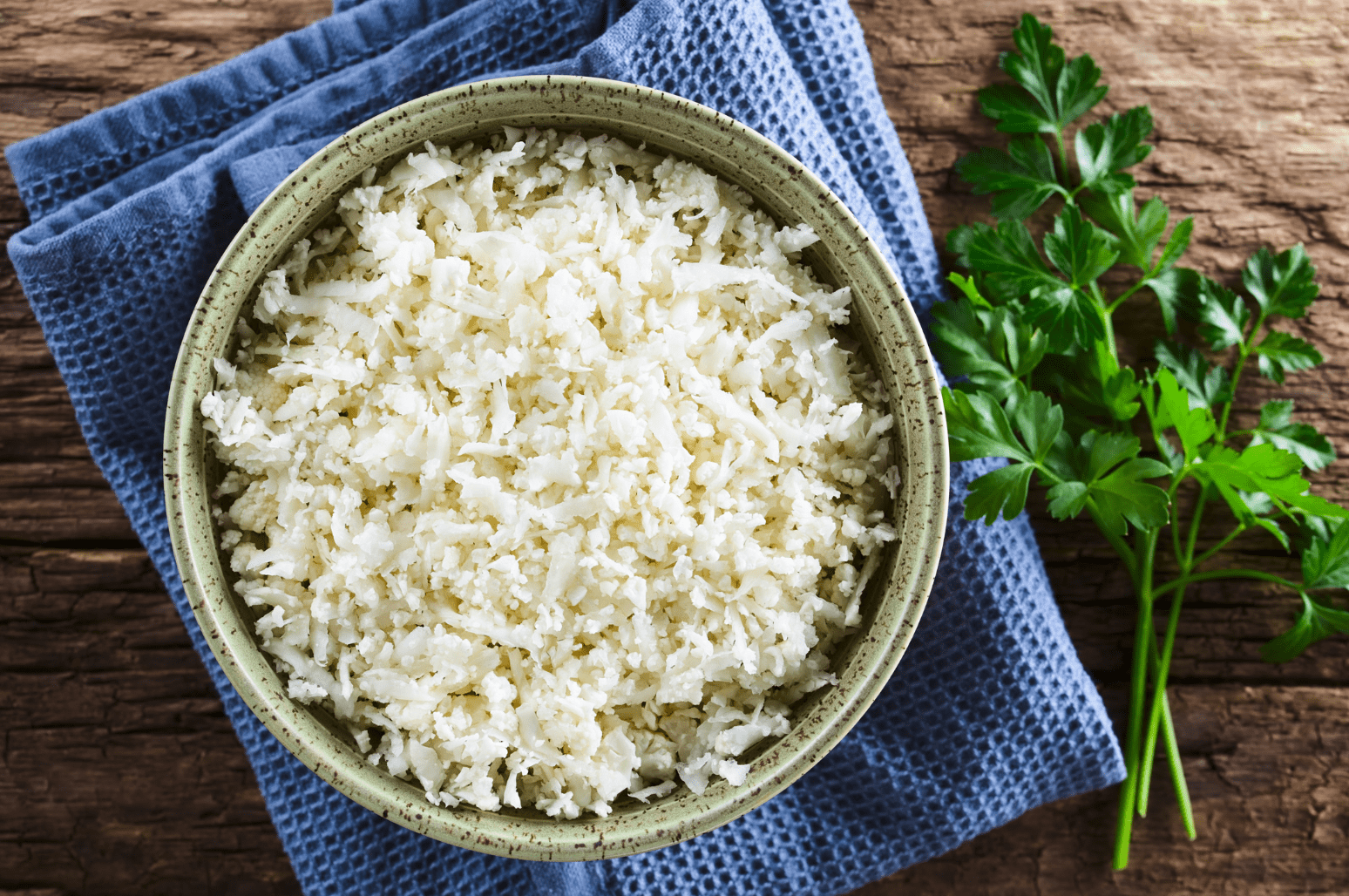
Mushrooms are a unique food, everything from the flavor to the texture. For all the mushroom lovers out there, let’s dive into the many benefits of mushrooms and why you should eat them on your keto diet.
What are Medicinal Mushrooms?
Medicinal mushrooms refer to mushrooms that have medicinal properties. Certain species of mushrooms have been used as medicine for thousands of years, particularly in Japan and China. The anti-cancer and immune-enhancing effects of traditional species of mushrooms like Trametes versicolor and Ganoderma lucidum have been demonstrated scientifically [1].
What are the Health Benefits of Mushrooms on Keto?
Mushrooms are low in calories, but rich in nutrients. Mushrooms actually belong to the fungi kingdom. White mushrooms (Agaricus bisporus) constitute around 90% of all mushrooms eaten in the United States.
White mushrooms grow on composted soil with a range of other bacteria and fungi. The other bacteria and fungi play important roles in the process and break down raw materials before the mushrooms can grow [2] [3] [4].
Mushrooms are a non-animal, natural source of vitamin D2. Your body turns vitamin D2 into the active form of vitamin D, which is needed to absorb calcium and preserve bone health. Vitamin D deficiency might lead to muscle weakness, osteoporosis, and more [5] [6] [7] [8].
Mushrooms also provide a higher protein content compared to most vegetables, which can be beneficial for those following a plant-based diet [9].
2. Cancer-Fighting Properties
The cancer-fighting properties of mushrooms are believed to be associated with multiple antioxidant compounds, such as glutathione, selenium, vitamin C, polyphenols, and polysaccharides. These antioxidants counteract the harmful effects of oxidative stress, which leads to cellular damage and can increase the risk of heart disease and certain cancers.
For example, one specific type of polysaccharide is called beta-glucan. Beta-glucan prompts your immune system to activate macrophages and natural killer cells that help protect your body from infection and disease, including cancer. Most studies are focused on the effects of the compounds in white mushrooms [10] [11] [12].
3. Improves Heart Health
The beta-glucan and ergothioneine in white mushrooms might help reduce your risk of inflammation, oxidative stress, and high levels of cholesterol and triglycerides. Beta-glucan is a type of soluble fiber that forms a gel-like substance when digested. This gel-like substance traps cholesterol and triglycerides and prevents their absorption, which might help lower blood cholesterol [13] [14].
The ergothioneine might help inhibit the development of arterial plaque – a risk factor for heart disease that might lead to stroke and high blood pressure [15].
Do You Eat Mushrooms on Keto?
Do you use medicinal mushrooms? Do you prefer a medicinal mushroom powder or cooking with whole mushrooms? Does your favorite keto mushrooms recipe include salt and pepper, or maybe garlic butter, olive oil, and parmesan cheese? Comment below and share your favorite keto recipes!
References
National Museum of National History EOL, Nathan Wilson, Marine Biological Laboratory. Mushrooms. https://eol.org/docs/discover/mushrooms
Ren, Z., Guo, Z., Meydani, S. N., & Wu, D. (2008). White button mushroom enhances maturation of bone marrow-derived dendritic cells and their antigen presenting function in mice. Journal of Nutrition, 138(3), 544-550. DOI: 10.1093/jn/138.3.544
Colmenares-Cruz, S., Sanchez, J. E., & Valle-Mora, J. (2017). Agaricus bisporus production on substrates pasteurized by self-heating. AMB Express, 7, 135. DOI: 10.1186/s13568-017-0438-6
McGee, C. F. (2018). Microbial ecology of the Agaricus bisporus mushroom cropping process. Applied Microbiology and Biotechnology, 102(3), 1075-1083. DOI: 10.1007/s00253-017-8683-9
United States Department of Agriculture. Mushrooms, White, Raw. https://fdc.nal.usda.gov/fdc-app.html#/food-details/169251/nutrients
Cardwell, G., Bornman, J. F., James, A. P., & Black, L. J. (2018). A review of mushrooms as a potential source of dietary vitamin D. Nutrients, 10(10), 1498. DOI: 10.3390/nu10101498
Keegan, R-J, H., Lu, Z., Bogusz, J. M., Williams, J. E., & Holick, M. F. (2013). Photobiology of vitamin D in mushrooms and its bioavailability in humans. Dermatoendocrinology, 5(1), 165-176. DOI: 10.4161/derm.23321
Lips, P., & Van Schoor, N. M. (2011). The effect of vitamin D on bone and osteoporosis. Best Pract Res Clin Endocrinol Metab, 25(4), 585-591. DOI: 10.1016/j.beem.2011.05.002
Valverde, M. E., Hernandez-Perez, T., & Paredes-Lopez, O. (2015). Edible mushrooms: Improving human health and promoting quality life. International Journal of Microbiology, DOI: 10.1155/2015/376387
Kozarski, M., Klaus, A., Jakovljevic, D., Todorovic, N., Vunduk, J., Petrovic, P., Niksic, M., Vrvic, M. M., & Van Griensven, L. (2015). Antioxidants of edible mushrooms. Molecules, 20(10), 19489-19525. DOI: 10.3390/molecules201019489
Pizzino, G., Irrera, N., Cucinotta, M., Pallio, G., Mannino, F., Arcoraci, V., Squadrito, F., Altavilla, D., & Bitto, A. (2017). Oxidative stress: Harms and benefits for human health. Oxid Med Cell Longev, DOI: 10.1155/2017/8416763
Akramiene, D., Kondrotas, A., Didziapetriene, J., & Kevelaitis, E. (2007). Effects of beta-glucans on the immune system. Medicina, 43(8), 597-606.
Sima, P., Vannucci, L., & Vetvicka, V. (2018). B-glucans and cholesterol (review). Int J Mol Med, 41(4), 1799-1808. DOI: 10.3892/ijmm.2018.3411
Rop, O., Mlcek, J., & Jurikova, T. (2009). Beta-glucans in higher fungi and their health effects. Nutr Rev, 67(11), 624-631. DOI: 10.1111/j.1753-4887.2009.00230.x
Martin, K. R. (2010). Both common and specialty mushrooms inhibit adhesion molecule expression and in vitro binding of monocytes to human aortic endothelial cells in a pro-inflammatory environment. Nutrition Journal, DOI: 10.1186/1475-2891-9-29










